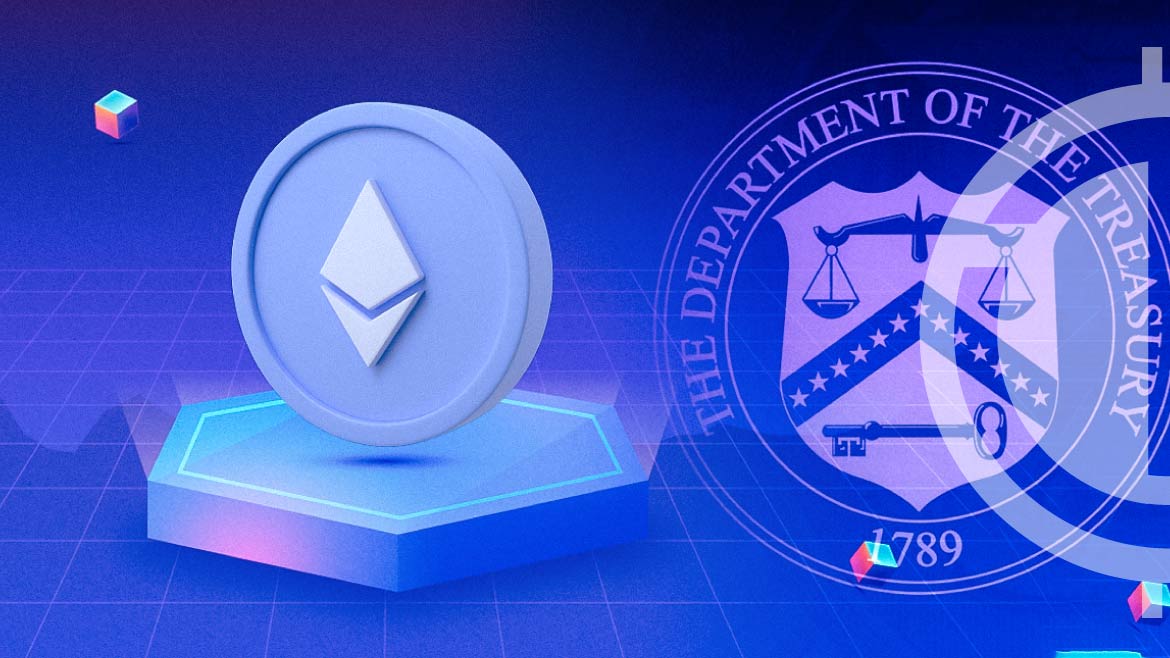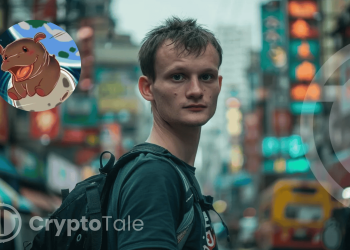- Censorship concerns in the blockchain ecosystem are on the rise, posing a threat to decentralization and political neutrality.
- Major blockchain validators have complied with OFAC sanctions, potentially compromising censorship resistance.
- The blockchain community explores solutions like inclusion lists and encrypted mem pools to combat censorship and protect blockchain principles.
Earlier today an Ethereum research analyst Toni Wahrstaetter posted a thread on X, highlighting the increasing prevalence of censorship within the blockchain ecosystem in recent months which is a cause for concern, as it potentially threatens the core principles of decentralization and political neutrality that underpin these technologies.
New dashboard online – https://t.co/1Pnbe14NLG 🙌
— Toni Wahrstätter 🦇🔊 (@nero_eth) September 26, 2023
May it shed light onto the extent of censorship and guide us towards implementing practical solutions for enshrining a strong form of censorship resistance.
More info 👇 pic.twitter.com/zyau9L3W1h
Toni explained that a significant portion of major blockchain validators, particularly five out of the six largest block builders, have opted to comply with the Office of Foreign Assets Control (OFAC) sanctions. However, one prominent player by the name of titanbuilderxyz, stands as a lone holdout, continuing to include OFAC-sanctioned transactions in their blocks, particularly those associated with Tornado Cash.
Most recently a group of crypto stakeholders sued the U.S Treasury Department accusing it of overstepping its authority in blacklisting Tornado Cash. Coinbase had Publicly supported the crypto group with additional funds for their legal battle.
The thread went on to explain that this censorship challenge manifests across multiple layers of the blockchain infrastructure. Validators wield the power to selectively include or exclude transactions in blocks, even choosing to abstain from attesting to specific validators. Relays can filter blocks based on predefined rules, exerting control over data flow. Builders, responsible for block construction, possess the authority to omit specific transactions.
Despite advancements in relay technology, such as Ultra Sound, Agnostic, and BloXroute, an alarming trend has emerged among top builders who are increasingly embracing censorship, notably by avoiding the incorporation of Tornado Cash transactions.
Preserving censorship resistance is imperative to uphold political neutrality in blockchain networks. Decentralization relies on preventing any single entity from exercising undue control over a majority of a blockchain’s content. Any form of centralization at various layers of the blockchain stack poses a significant risk to the entire ecosystem.
In response to these challenges, the blockchain community is actively exploring potential solutions. This includes the development of inclusion lists that may incentivize censoring entities to either include OFAC-sanctioned transactions or exit the ecosystem.
Additionally, the adoption of encrypted mem pools represents an innovative approach, securing transaction data before confirmation and making it impossible for censoring parties to target transactions based on their content. These efforts underscore the community’s unwavering dedication to safeguard decentralization, political neutrality, and the overall integrity of blockchain ecosystems in the face of mounting censorship concerns.












